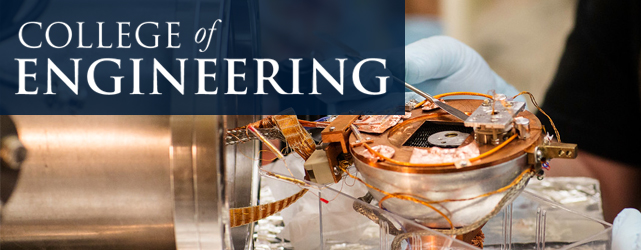Document Type
Conference Paper
Journal/Book Title/Conference
2020 25th Asia and South Pacific Design Automation Conference (ASP-DAC)
Publisher
Institute of Electrical and Electronics Engineers
Publication Date
1-13-2020
Funder
National Science Foundation
First Page
241
Last Page
246
Abstract
Modern deep neural network (DNN) applications demand a remarkable processing throughput usually unmet by traditional Von Neumann architectures. Consequently, hardware accelerators, comprising a sea of multiplier and accumulate (MAC) units, have recently gained prominence in accelerating DNN inference engine. For example, Tensor Processing Units (TPU) account for a lion's share of Google's datacenter inference operations. The proliferation of real-time DNN predictions is accompanied with a tremendous energy budget. In quest of trimming the energy footprint of DNN accelerators, we propose EFFORT-an energy optimized, yet high performance TPU architecture, operating at the Near-Threshold Computing (NTC) region. EFFORT promotes a better-than-worst-case design by operating the NTC TPU at a substantially high frequency while keeping the voltage at the NTC nominal value. In order to tackle the timing errors due to such aggressive operation, we employ an opportunistic error mitigation strategy. Additionally, we implement an in-situ clock gating architecture, drastically reducing the MACs' dynamic power consumption. Compared to a cutting-edge error mitigation technique for TPUs, EFFORT enables up to 2.5× better performance at NTC with only 2% average accuracy drop across 3 out of 4 DNN datasets.
Recommended Citation
Noel Daniel, Tahmoures Shabanian, Prabal Basu, Pramesh Pandey, Koushik Chakraborty, Sanghamitra Roy and Zhen Zhang, EFFORT: Enhancing Energy Efficiency and Error Resilience of a Near-Threshold Tensor Processing Unit. Proceedings of the 25th IEEE/ACM Asia and South Pacific Design Automation Conference (ASPDAC), pp. 241-246, January 2020, Beijing, China



Comments
© 2020 IEEE. Personal use of this material is permitted. Permission from IEEE must be obtained for all other uses, in any current or future media, including reprinting/republishing this material for advertising or promotional purposes, creating new collective works, for resale or redistribution to servers or lists, or reuse of any copyrighted component of this work in other works.